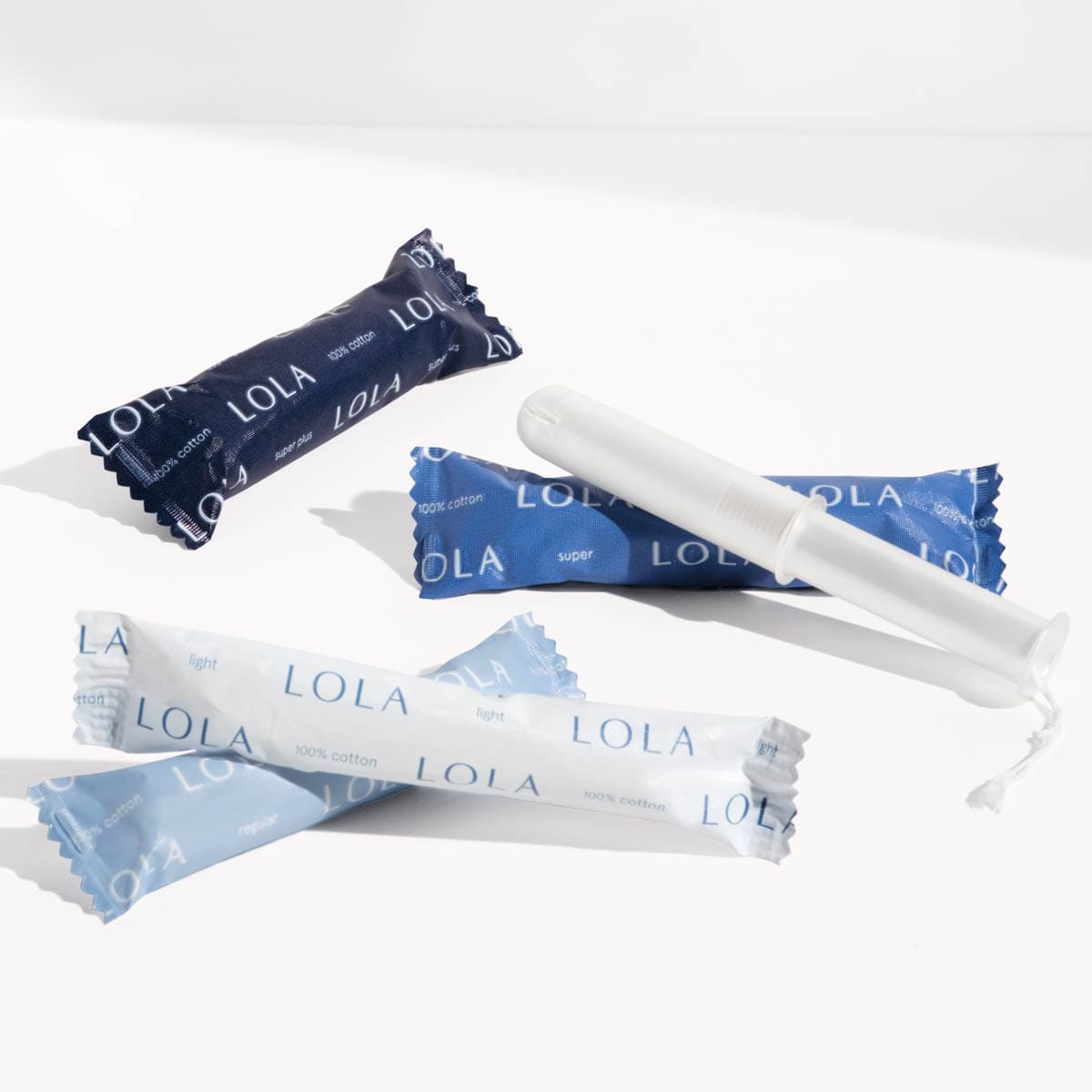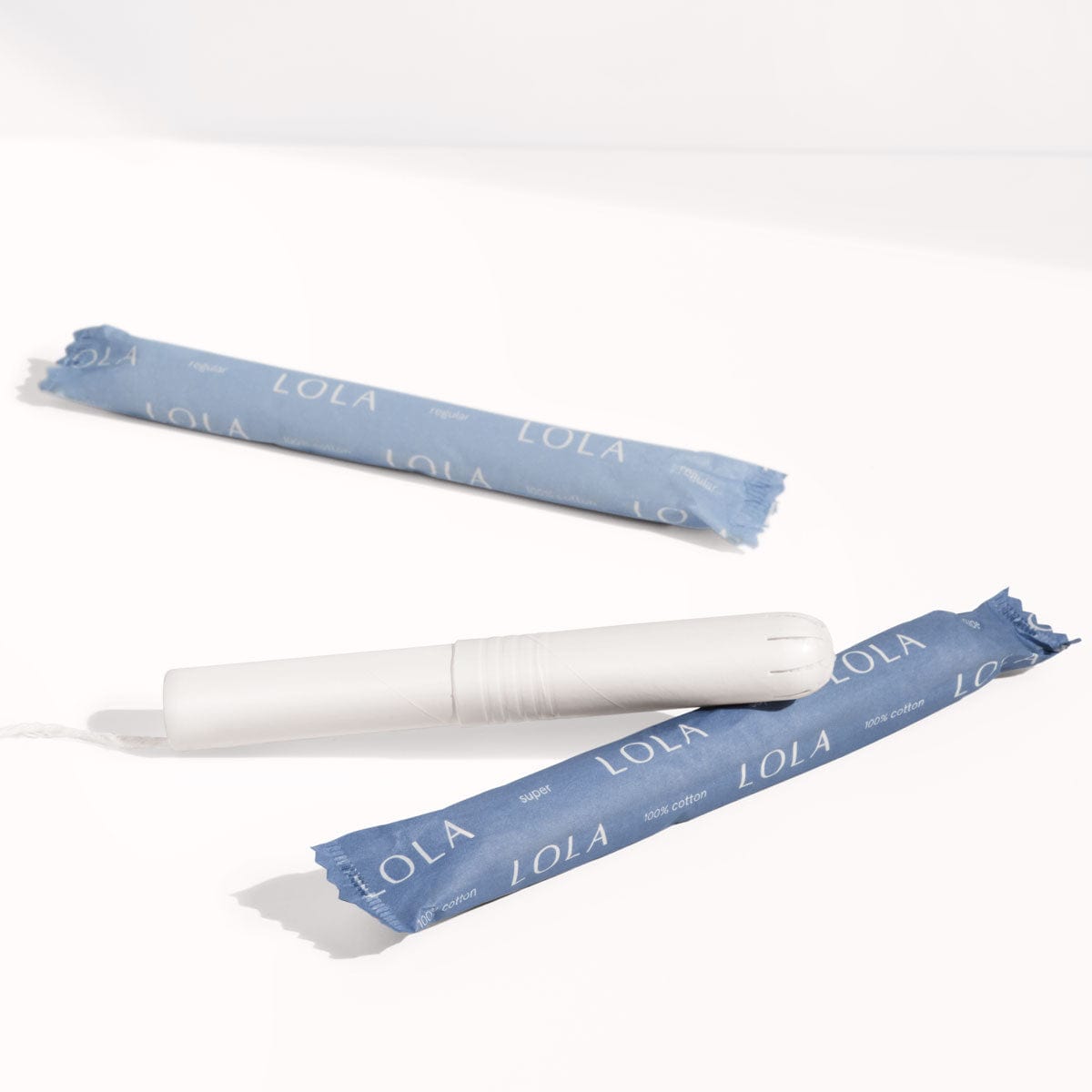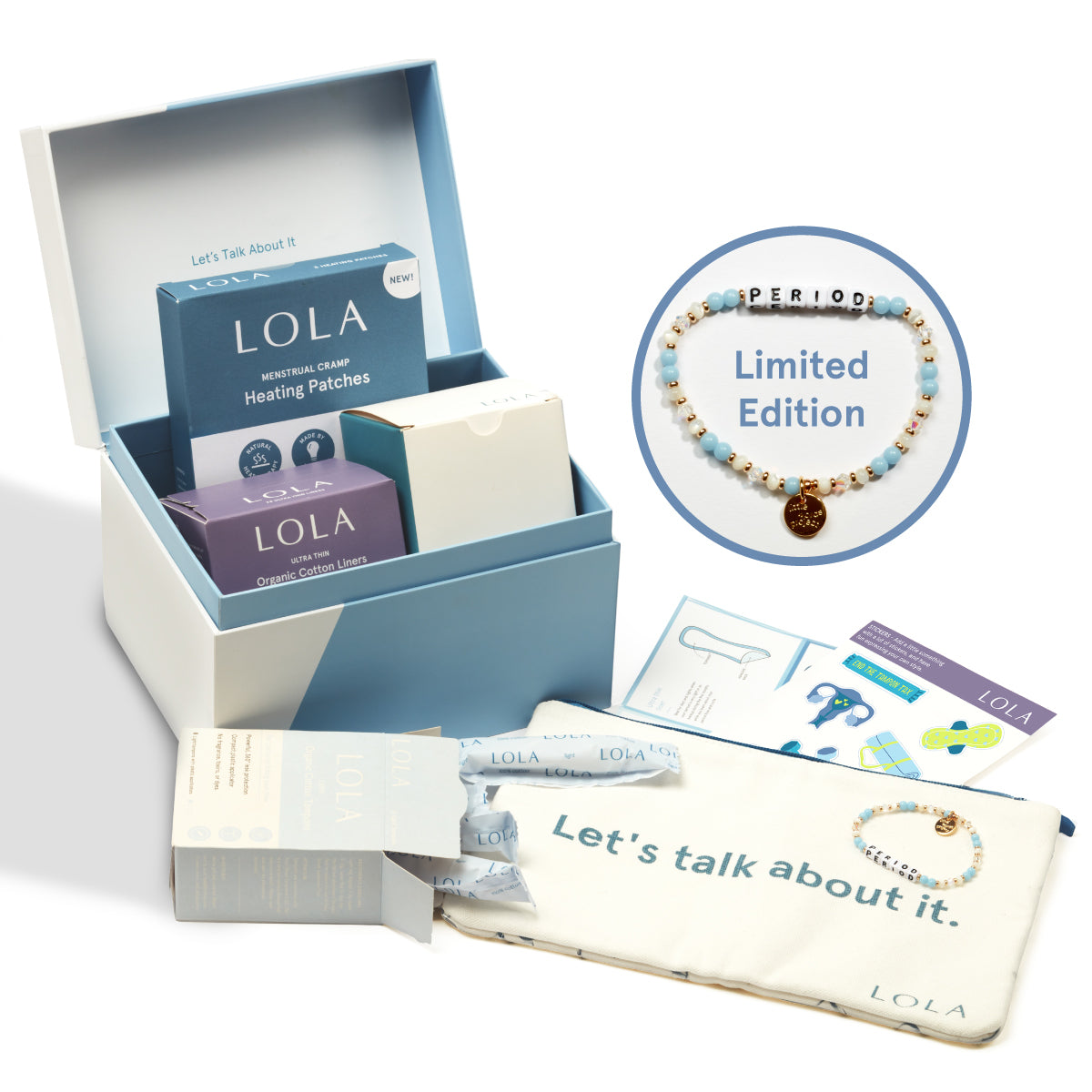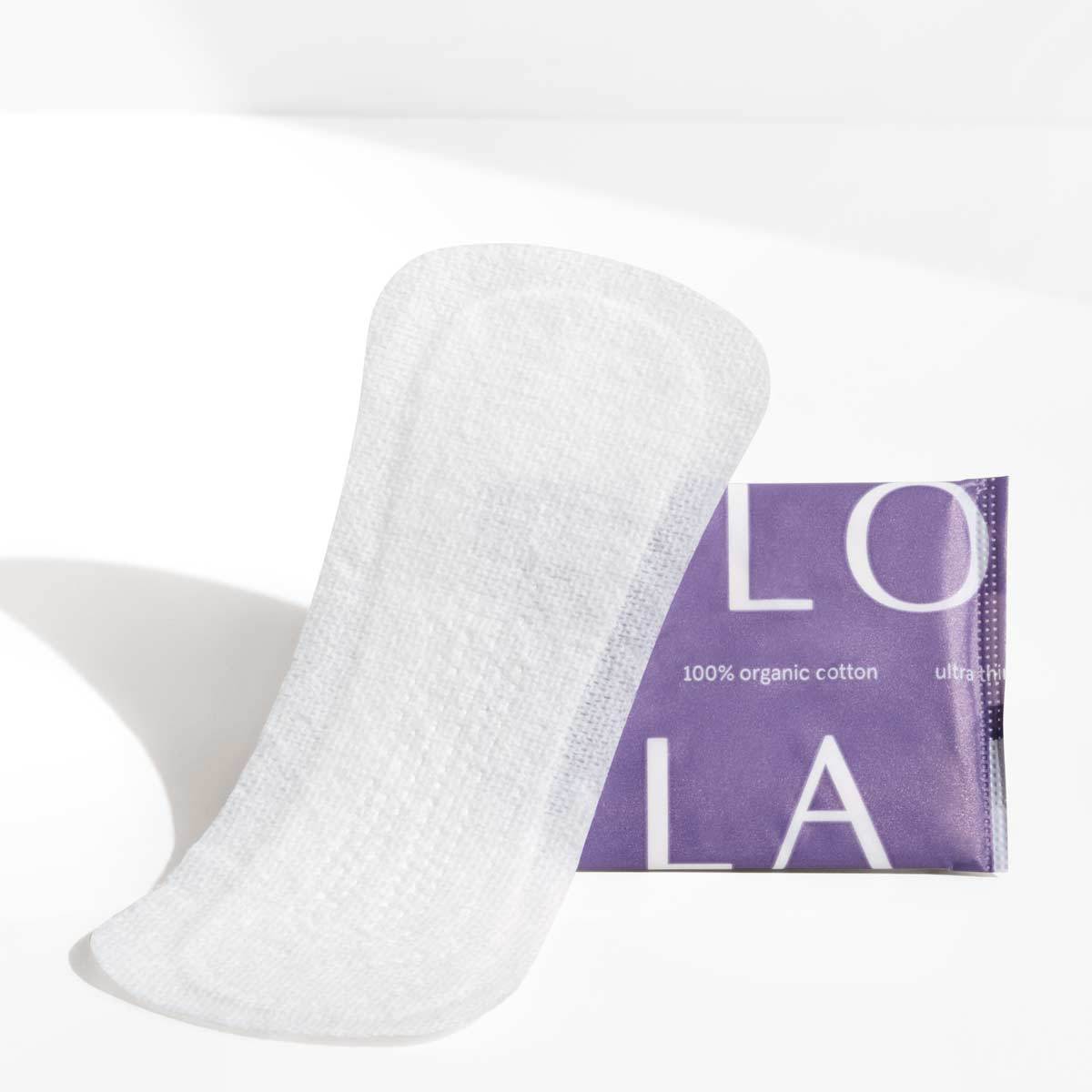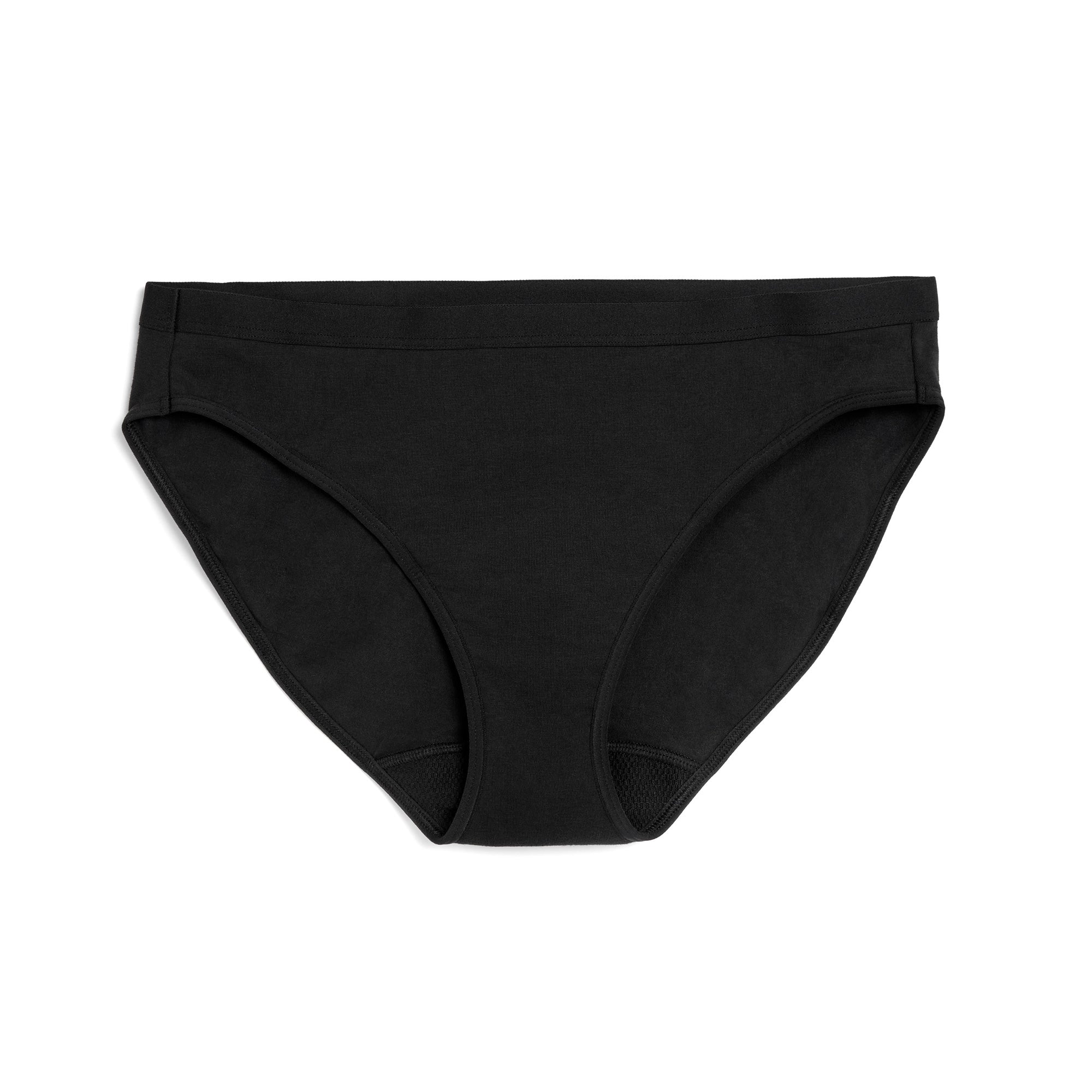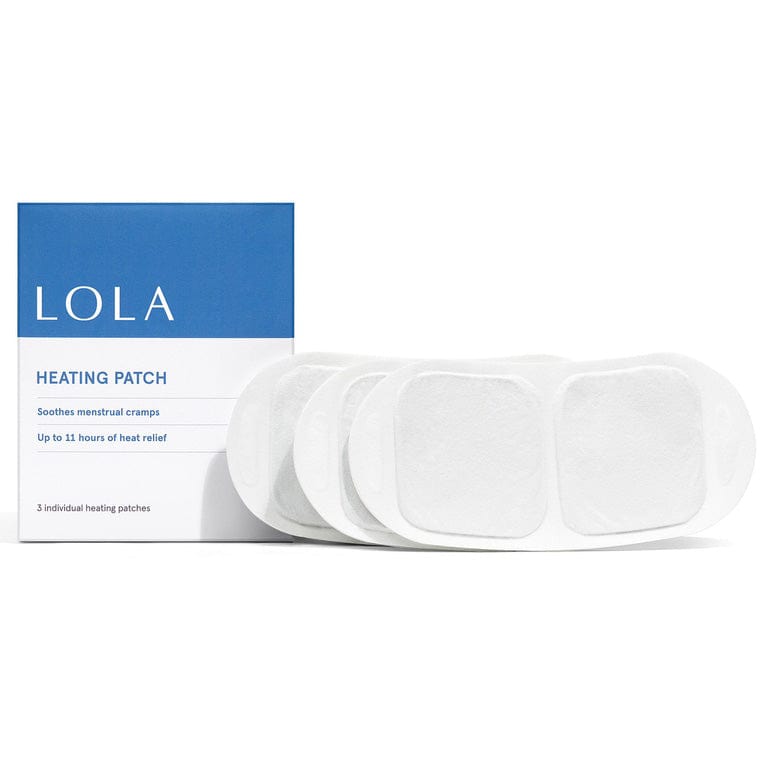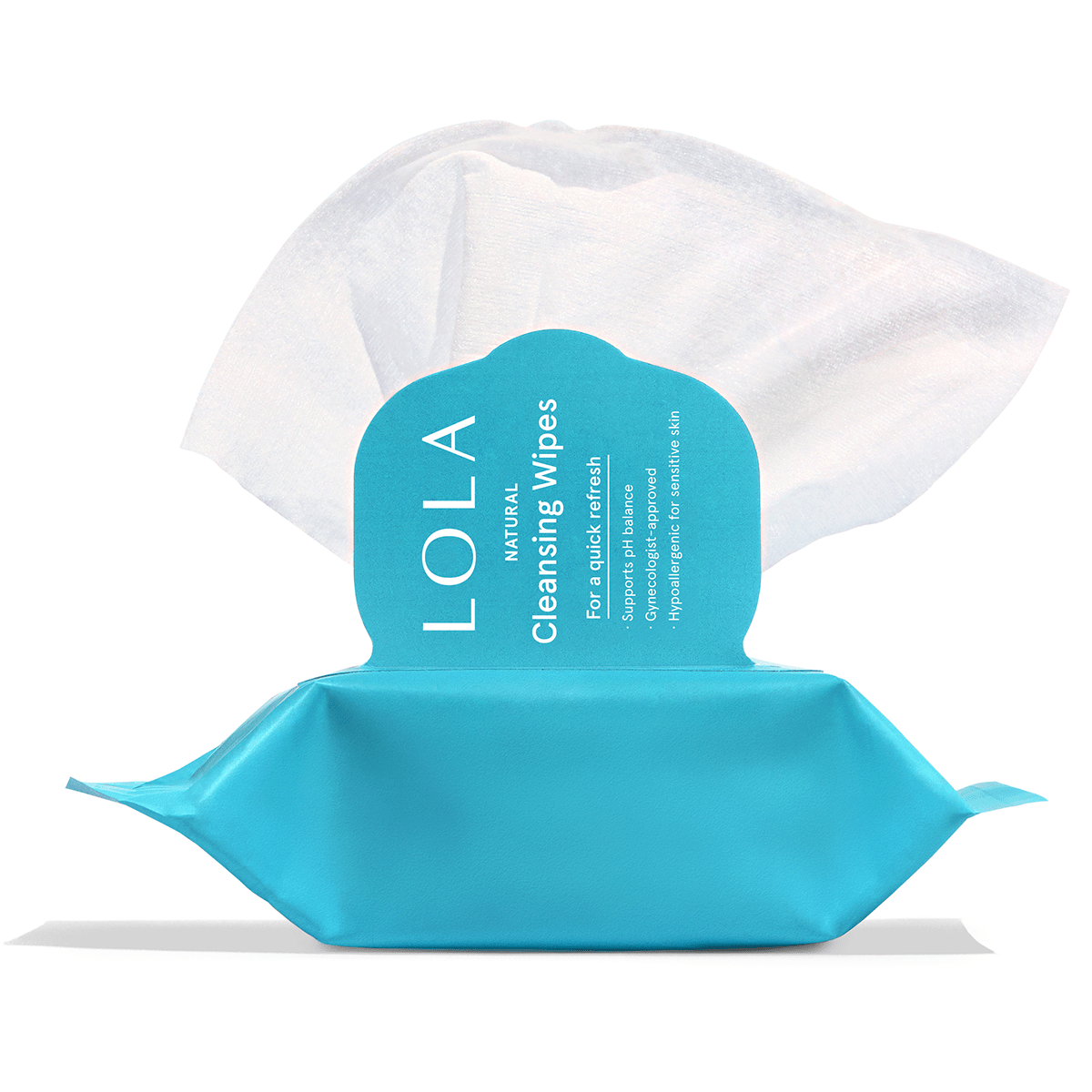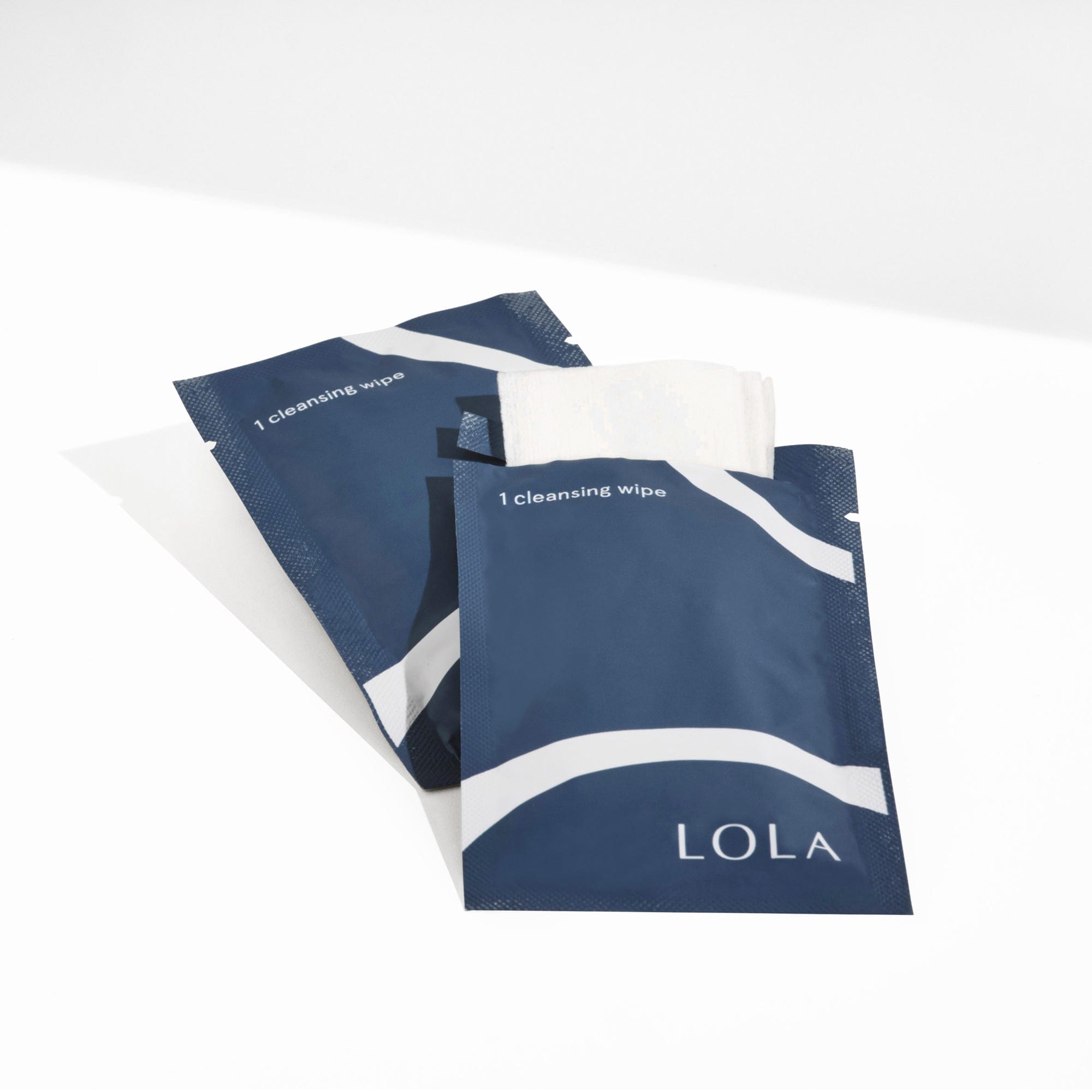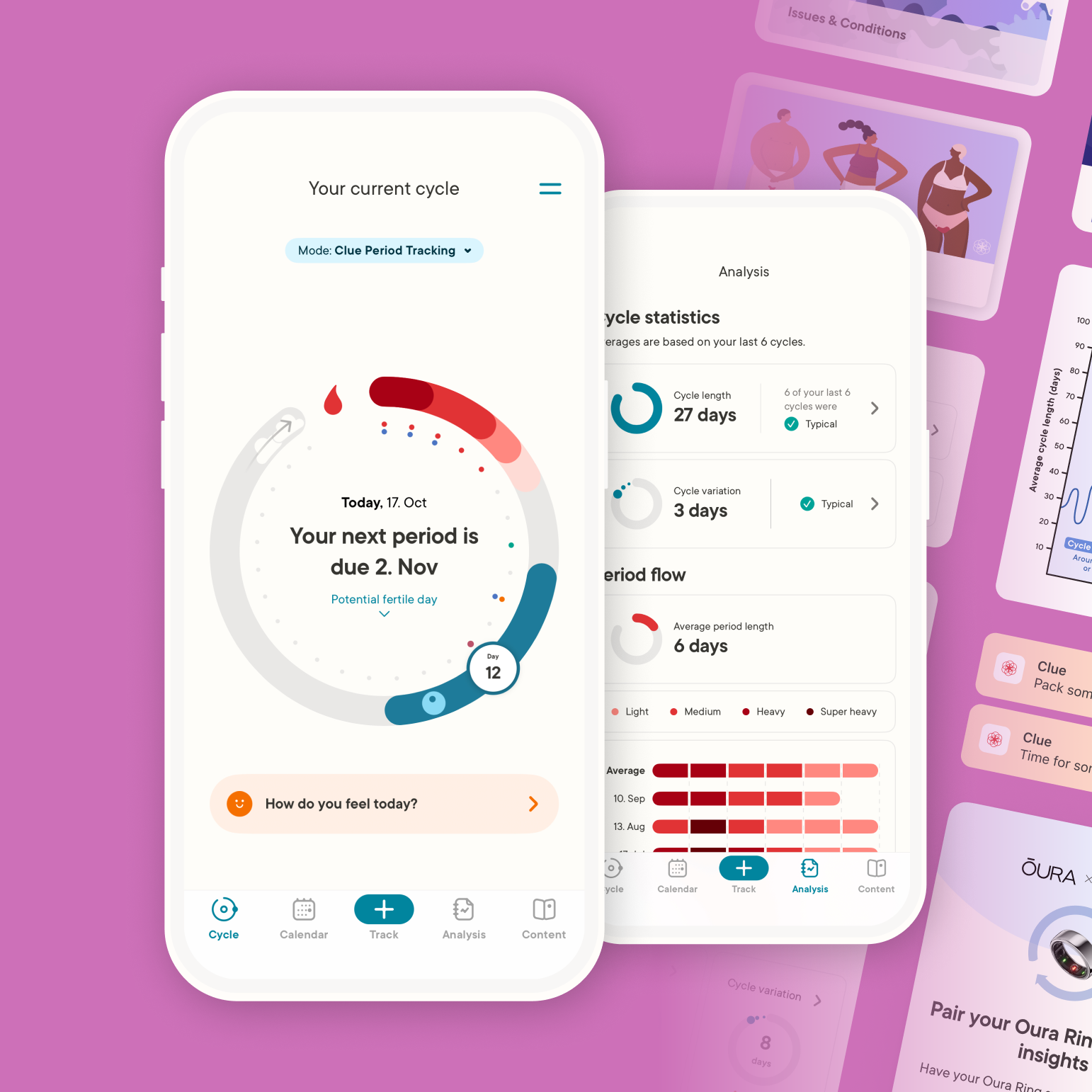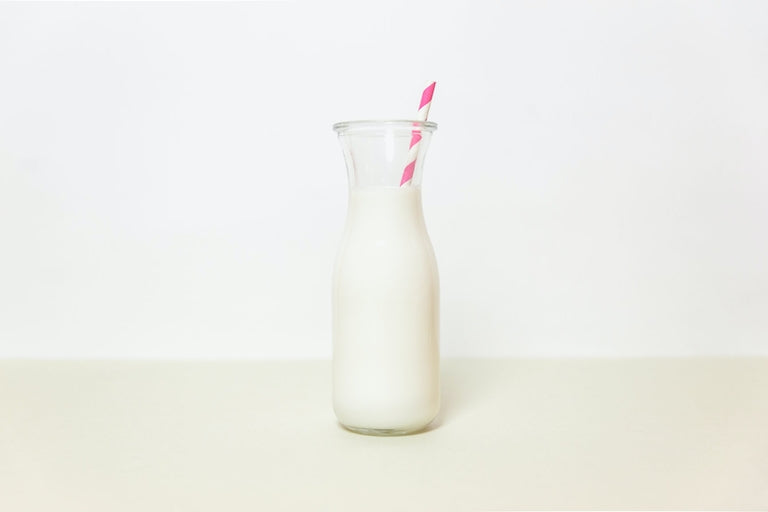Maybe you're a total two percenter, or maybe you're dairy-free after your body said the gastrointestinal equivalent of, "Boy, bye." Wherever you fall on the spectrum, though, the question is no longer if we've got milk. It's which milk.
Allergies, diet preferences, health concerns, and ethics are just a few of the factors that go into this decision. In my case, I follow a mostly vegetarian diet, but you will pry my goat cheese from my cold, dead hands. Translation: I'm not vegan. That said, I consider milk just a supporting character to coffee and smoothies, so swapping in almond or soy was not a tough sell.
But, I'll admit, not a whole lot of investigation went into this choice. And with all the options in the milk aisle these days, it's hard to tell which you should be pouring into your cold brew. So I reached out to registered dietician Tamara Duker Freuman to help decode the research milk by milk.
Cow's milk
You might be surprised to learn that humans are the only mammals on earth that drink milk after early childhood " and certainly the only ones to drink another species' milk. Most often, that means turning to cows. According to a multiple Harvard studies, cow's milk contains high levels of estrogen, and that extra exposure (rather than the naturally occurring stuff in your own body) has been correlated to higher rates of breast and prostate cancer. Since cows are kept pregnant for nearly 300 days a year, higher levels of sex hormones like estrogen show up in their milk " and account for nearly 60 percent to 80 percent of estrogen consumed by the public.
If you're going to stick with cow's milk, one way to lower the amount of estrogen in your daily glass is to choose fat-free, skim milk, since the hormones are stored in milk fat. It's also smart to buy an organic option that doesn't load artificial growth hormones onto an already hormone-laden product. That way, you're still getting the healthy benefits that cow milk provides, like protein, calcium, and vitamin D.
For Freuman, the positives outweigh the negatives " even if lactose is your issue. "Personally, I'm lactose intolerant, but choose Organic Valley's lactose-free cow's milk as my latte base of choice," she says.
Soy milk
Unlike other plant-based alternatives, soy milk boasts a hefty amount of protein complete with all the essential amino acids, according to Freuman. It's also rich in potassium, an electrolyte that aids in heart function. Score!
But here's where things get a little more complicated. Soy products come with isoflavones, which are plant compounds that mimic the effects of estrogen. Unlike the estrogen found in cow's milk, studies show these "phytoestrogens" actually lower the risk of breast cancer. Here's the caveat: isoflavones are also an endocrine disruptor, which means they can alter or block hormone production. Some research suggests this could reduce fertility or even trigger early puberty, although the jury's still out on this until more research can prove a conclusive link.
One other downside? "Soy milk can be pretty gassy for some," Freuman admits. "It's basically glorified bean juice, and you know what they say about beans!"
Almond milk
This one's my favorite, since I dig the nutty flavor and don't rely on it for nutritional value. But if you do, take note: store-bought almond milk is about 98 percent water and two percent nut matter, says Freuman, so any vitamins or minerals are artificially added into the formula. Same goes for the protein dose from pea isolates that are listed on many labels.
"[Almond milks are] highly processed foods, almost all of which contain food additive [stabilizers] like carrageenan and guar gum," Freuman says. "And unless you buy unsweetened, they can have pretty high amounts of added sugar."
And there's more: greater than 80 percent of the world's almond crop is grown in California, which is currently experiencing a major drought. And it takes 1.1 gallons of water to grow a single almond. To keep up with demand, farmers have been drilling thousands of feet underground to source enough H2O, which can, in turn, trigger infrastructure collapse and earthquakes. So"¦ I may have to reconsider that Califia in my fridge.
Rice milk
If you're allergic to nuts or soy, rice milk is the best hypoallergenic option. It's not all good news, though. Although Freuman notes its digestion-friendly qualities, it packs almost no protein punch " and that's to say nothing about the sugar content.
"Rice milk is the highest carb plant-based milk of the bunch if you're comparing unsweetened varieties across the board," she says. "Since there's no protein to offset absorption of these starchy carbs, it can be the least favorable choice for someone with diabetes or blood-sugar control issues."
And although it tastes the most like the creamy stuff you drank as a kid, the milk is made up of a combo of cooked brown rice, rice syrup, and rice starch " not to mention thickening agents and additive flavoring. So it may well be among the most processed, too.
Hemp milk
Yep, this one's part of the Cannabis sativa family " but it certainly won't give you the munchies. In fact, Freuman notes that this is probably the most satiating plant milk on the market.
"In unsweetened varieties, almost all of its calories are from fat, though it's almost entirely the healthy unsaturated fats from the hemp seeds, including a good amount of omega-3s," she explains. "This will make it a lower glycemic choice than most other plant milks, which derive the majority of their calories from carbs."
That means it's a great option for diabetics, but remember to check the sugar content if you're buying sweetened. And be aware that calorie-wise, hemp milk benches up a weight from other plant milks, at about 80 calories per cup compared to 30 calories for almond.
With all that in mind, though, I see hemp milk in my fridge in the future. It's got health benefits (omega-3s!), creaminess (fat!), and none of the lingering health concerns associated with traditional dairy or soy milk. But that's just me. You do you " or, in this case, moo.
